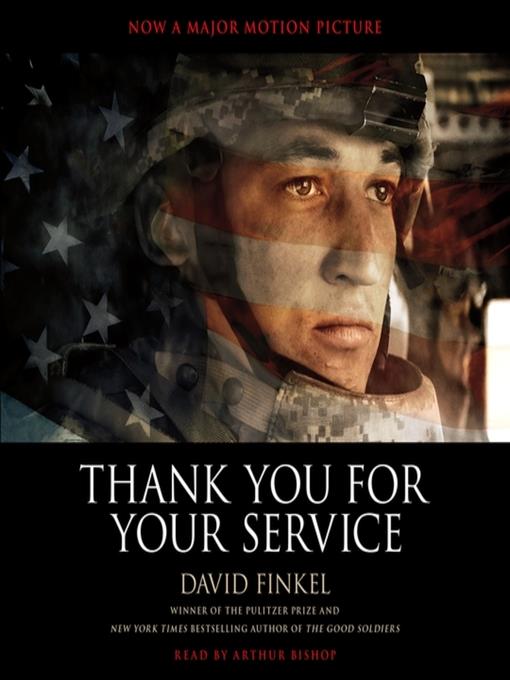
Thank You for Your Service
کتاب های مرتبط
- اطلاعات
- نقد و بررسی
- دیدگاه کاربران
نقد و بررسی

Starred review from July 15, 2013
From April 2007 to April 2008, Finkel, a MacArthur Fellow and Pulitzer Prize–winning reporter with the Washington Post, spent a total of eight months embedded in eastern Iraq with the young infantrymen of the 2-16 as their battalion fought desperately to survive and to make Bush’s troop surge a success. In 2009’s The Good Soldiers (one of Publishers Weekly’s Best Books of the Year), he chronicled their harrowing day-to-day experiences—as their trust in the Iraqi people eroded, their nerves and comrades were shot, and IED after IED exploded. In this incredibly moving sequel, Finkel reconnects with some of the men of the 2-16—now home on American soil—and brings their struggles powerfully to life. These soldiers have names and daughters and bad habits and hopes, and though they have left the war in Iraq, the Iraq War has not left them. Now the battle consists of readjusting to civilian and family life, and bearing the often unbearable weight of their demons. Some have physical injuries, and all suffer from crippling PTSD. And as if navigating their own mental and emotional labyrinths weren’t enough of a challenge, they must also make sense of the Dickensian bureaucracy that is the Department of Veterans Affairs. Told in crisp, unsentimental prose and supplemented with excerpts from soldiers’ diaries, medical reports, e-mails, and text messages, their stories give new meaning to the costs of service—and to giving thanks. Photos. Agent: Melanie Jackson, Melanie Jackson Agency.

Starred review from February 15, 2014
After being embedded with the 2-16 Infantry Battalion during the intense surge campaign in Baghdad, Finkel produced The Good Soldiers. That critically acclaimed tale of the war in Iraq took readers into the soldiers' painful struggle to survive. Here, he follows up, staying close to the soldiers after their deployments end. In American homes and clinics, these veterans, their families, and their caregivers deal with the war's aftermath of PTSD, brain injuries, emotional shrapnel, and, in the midst of all this, spare moments of hope. Finkel's plain-spoken clarity is ably voiced by narrator Arthur Bishop. A story so moving, and so vital, has no need of pyrotechnics. VERDICT Highly recommended for all listeners.--Kelly Sinclair, Temple P.L., TX
Copyright 2014 Library Journal, LLC Used with permission.

























دیدگاه کاربران